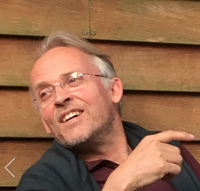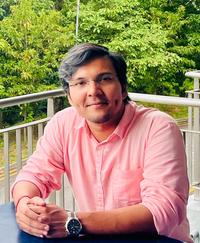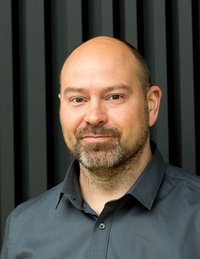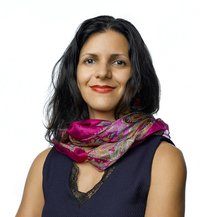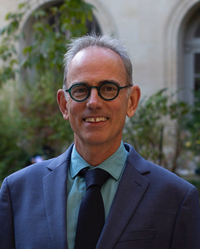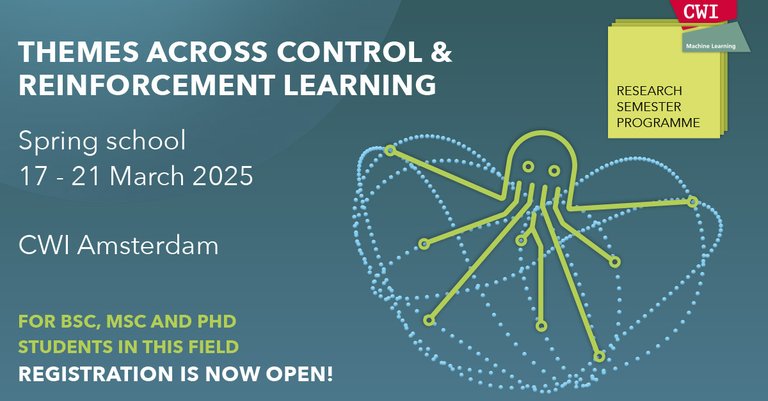Register here for the Spring School
Control theory and reinforcement learning share similar objectives, but have differed in their assumptions and approaches. This spring school emphasizes connections across control theory, reinforcement learning and stochastic approximation, enabling students to access these broader themes and start to work on cross-cutting projects. The school will be at a preparatory PhD level, suitable for advanced Master's and starting PhD students in these areas.
